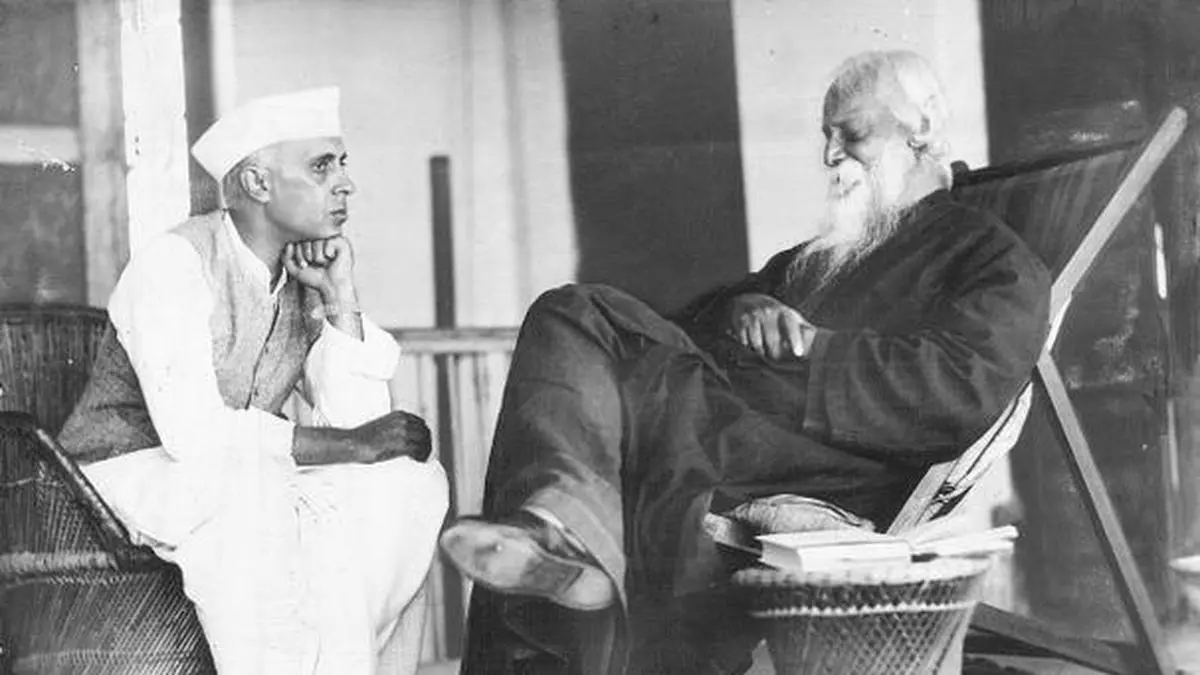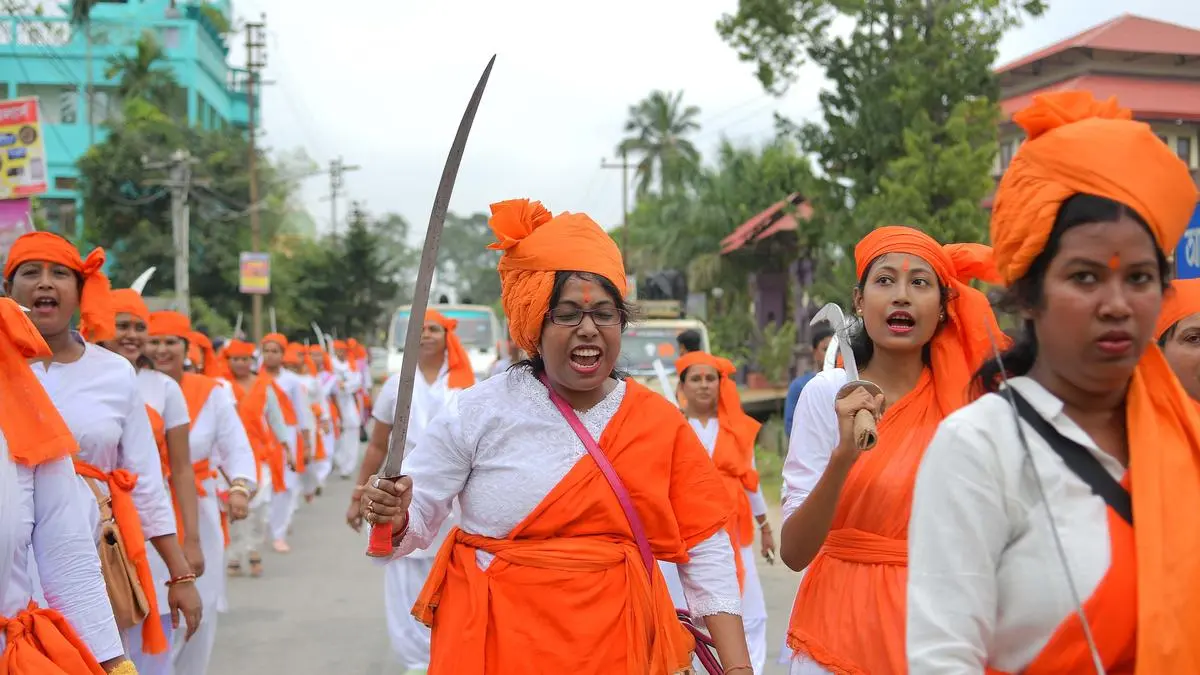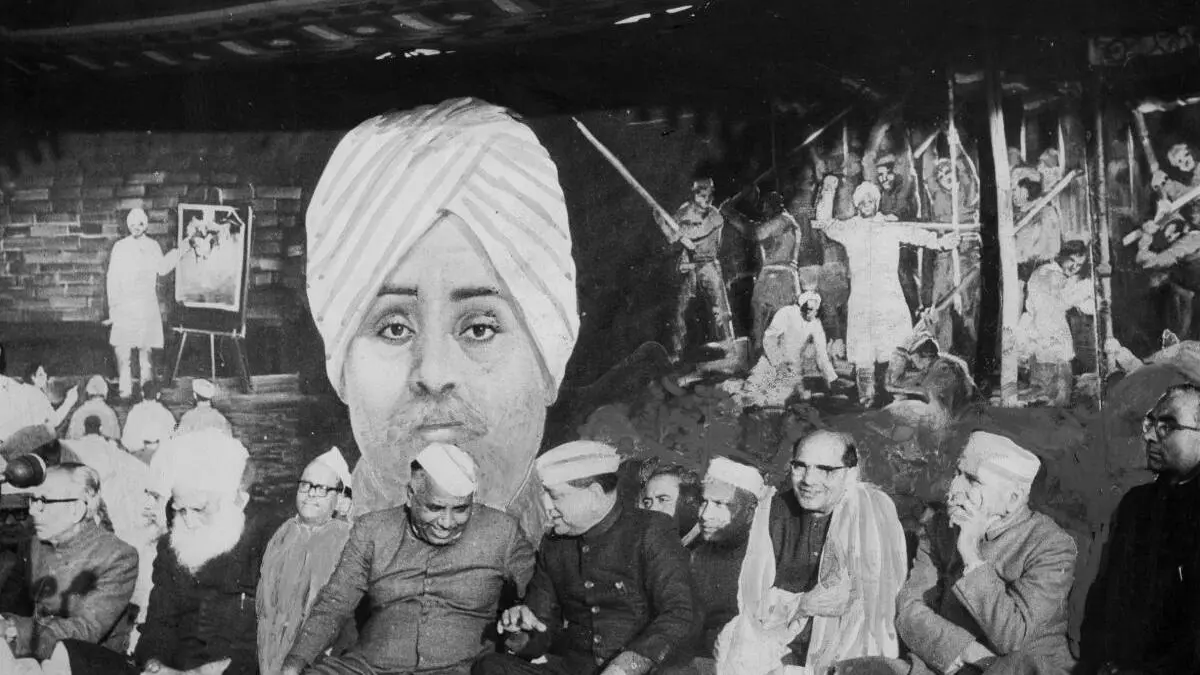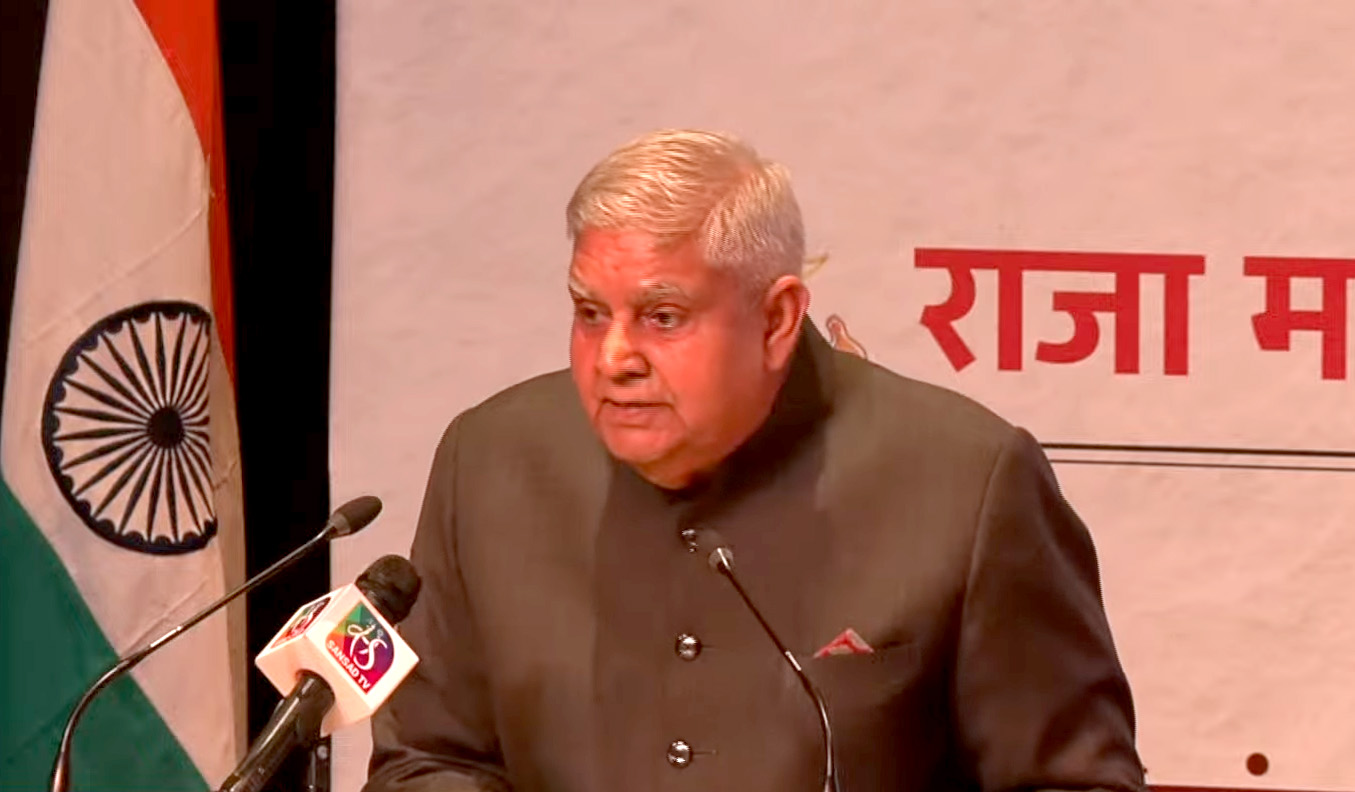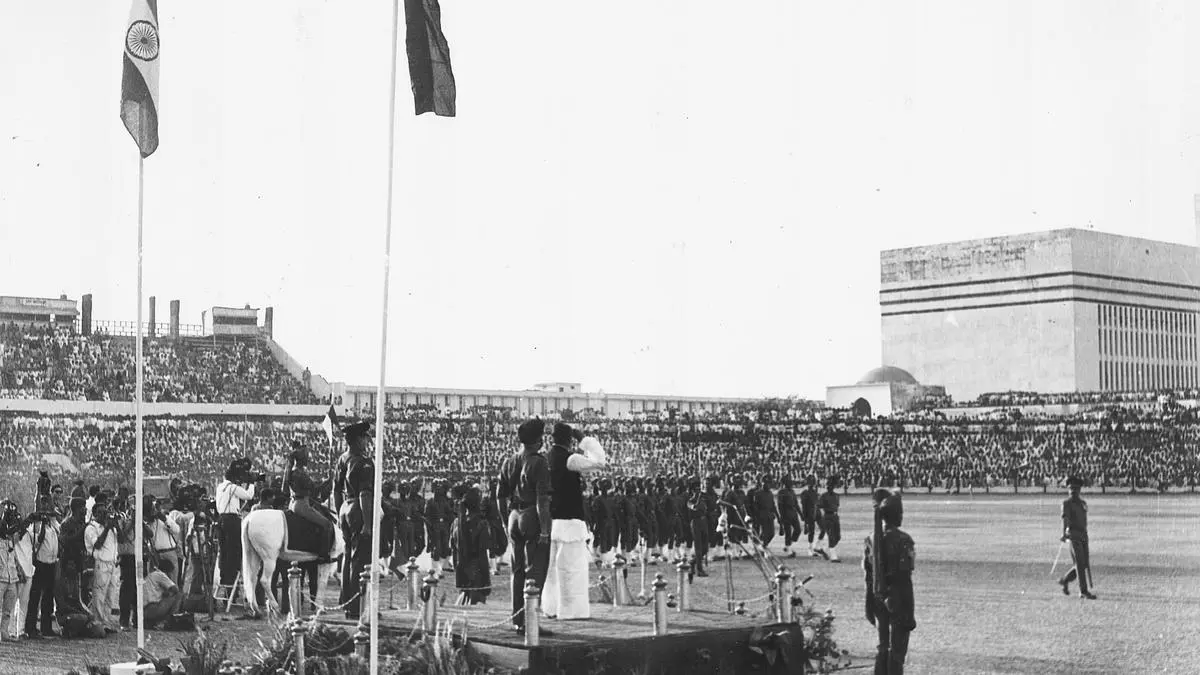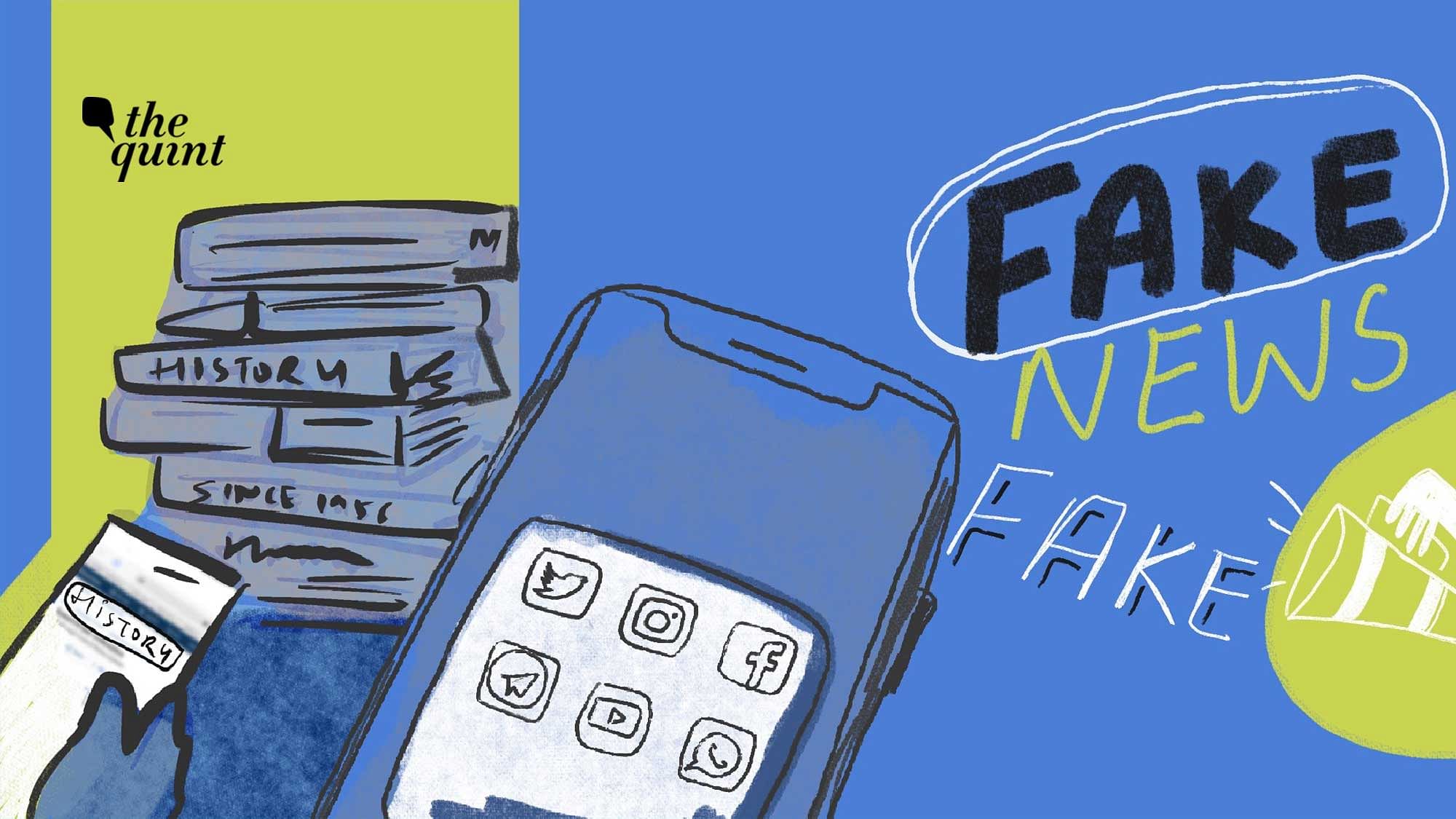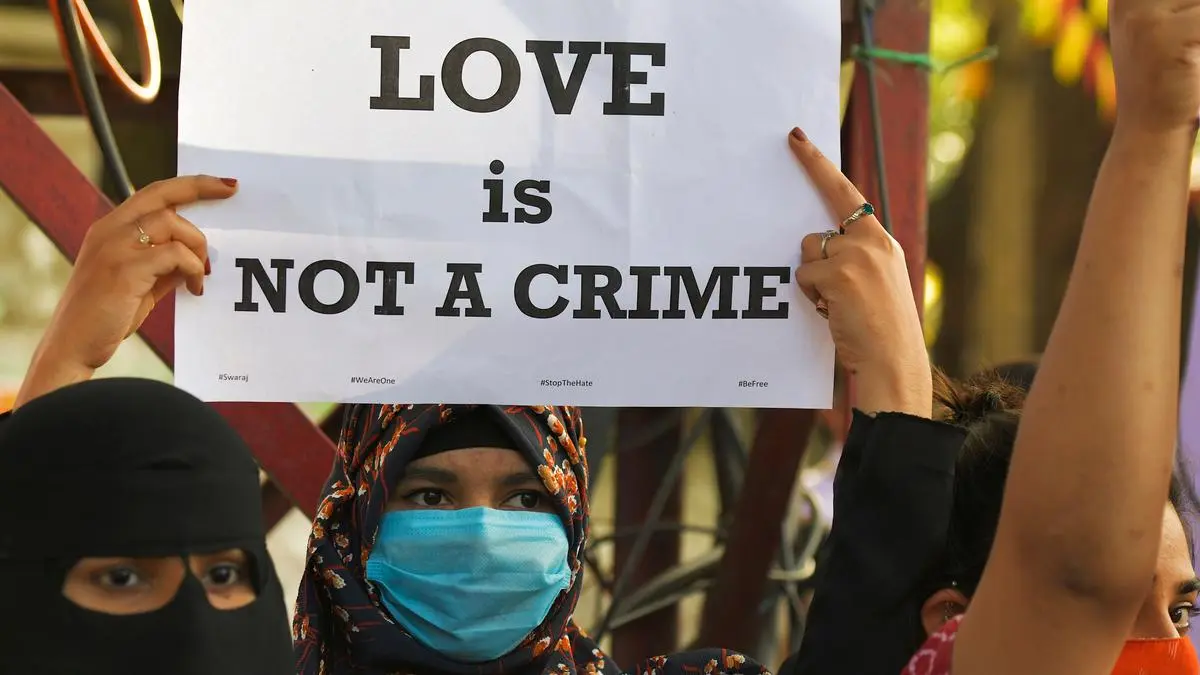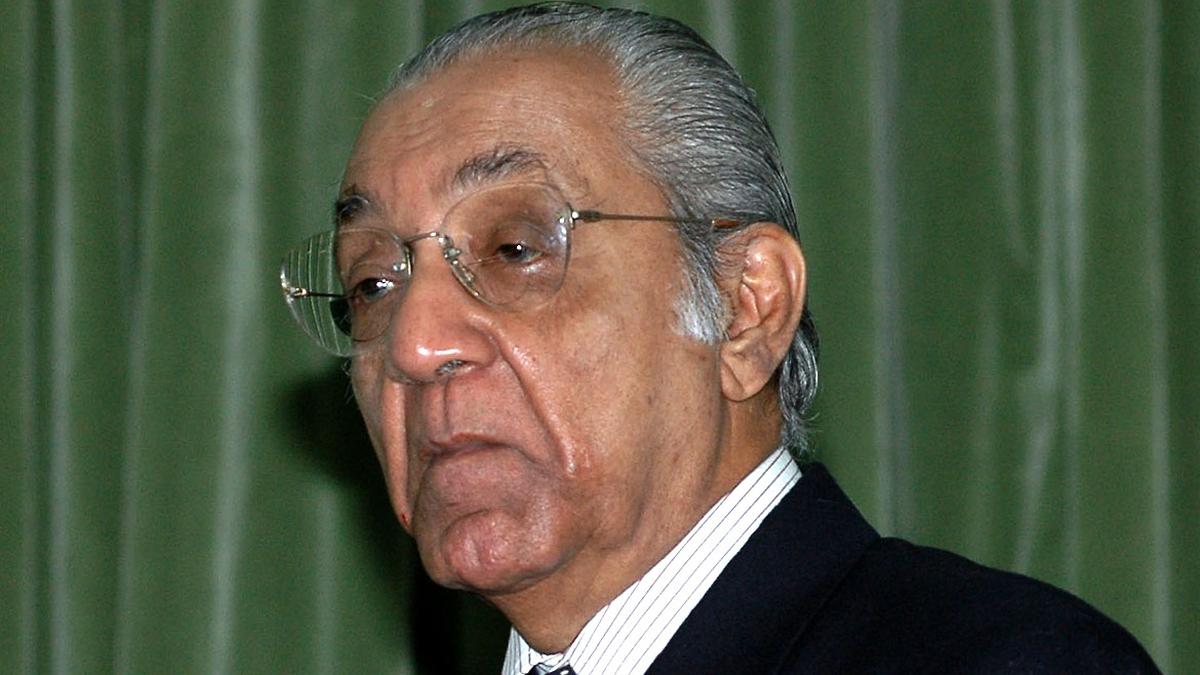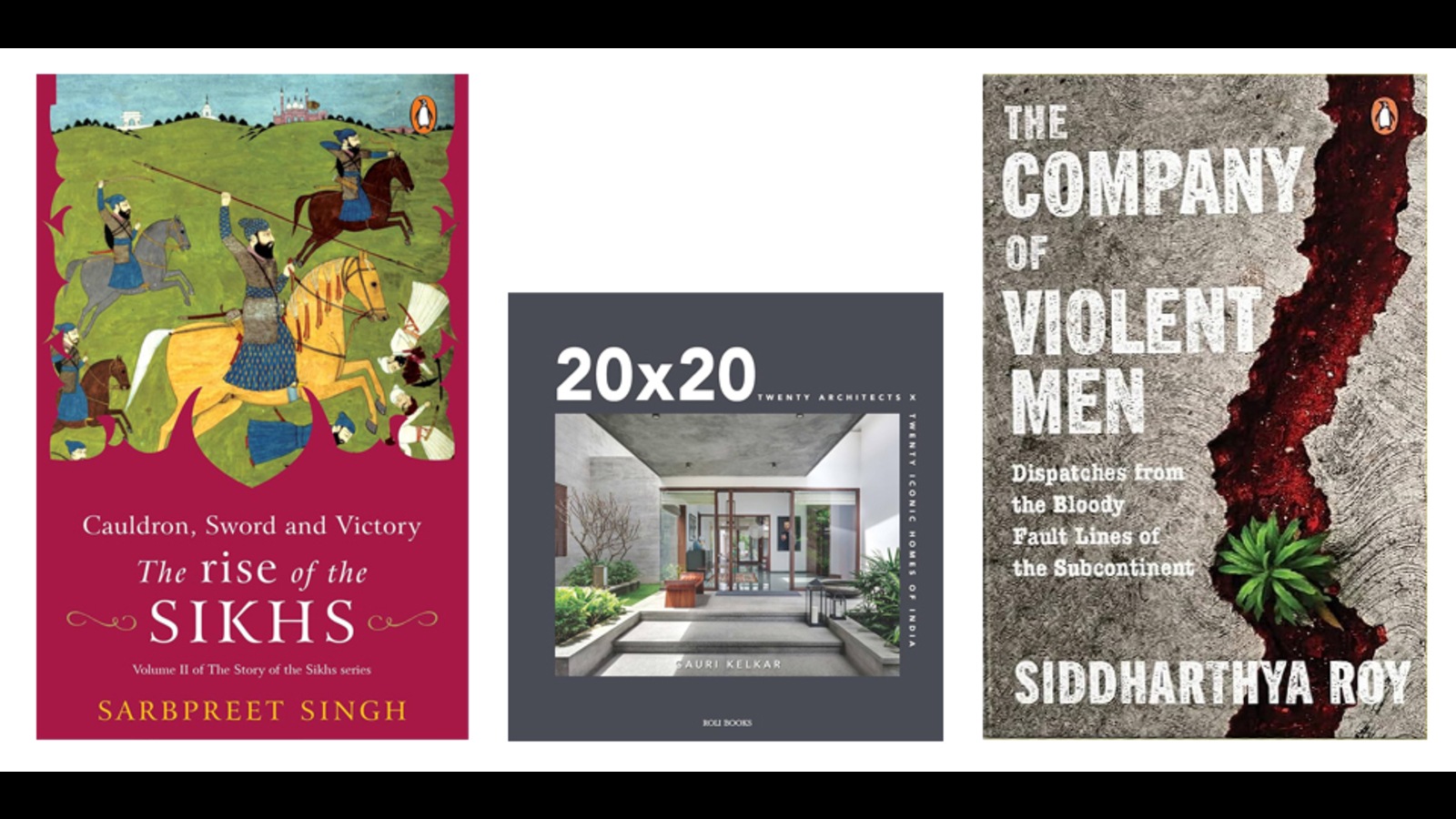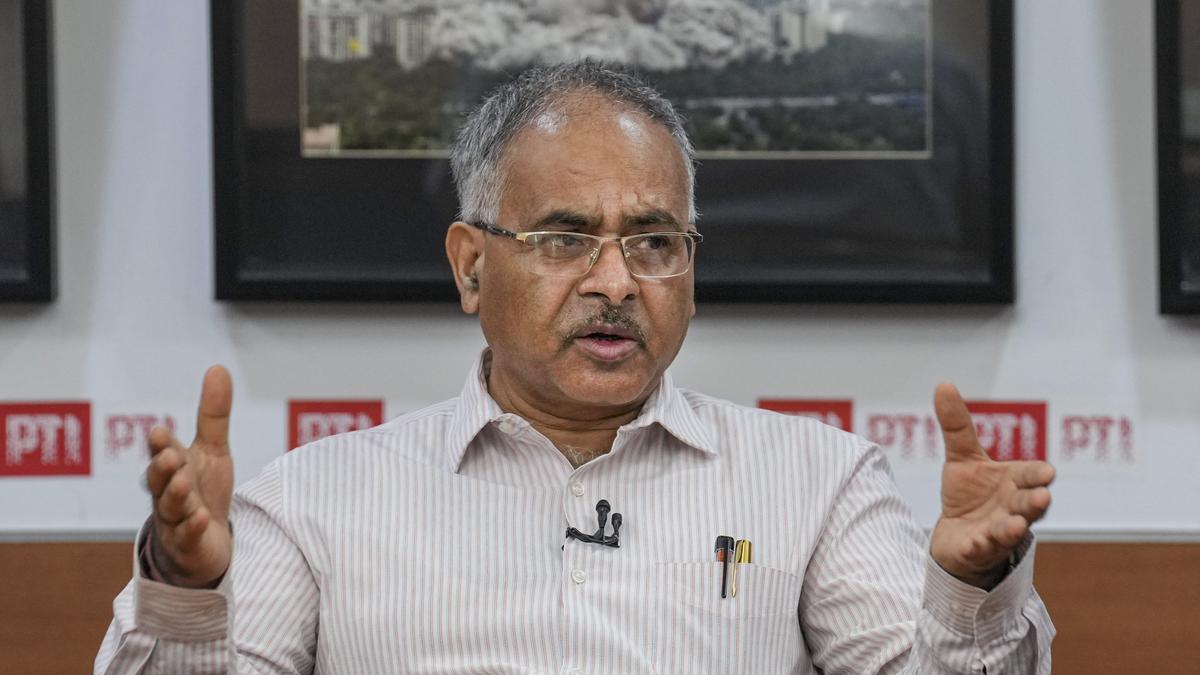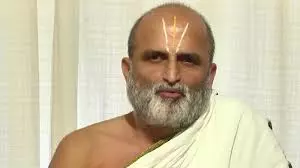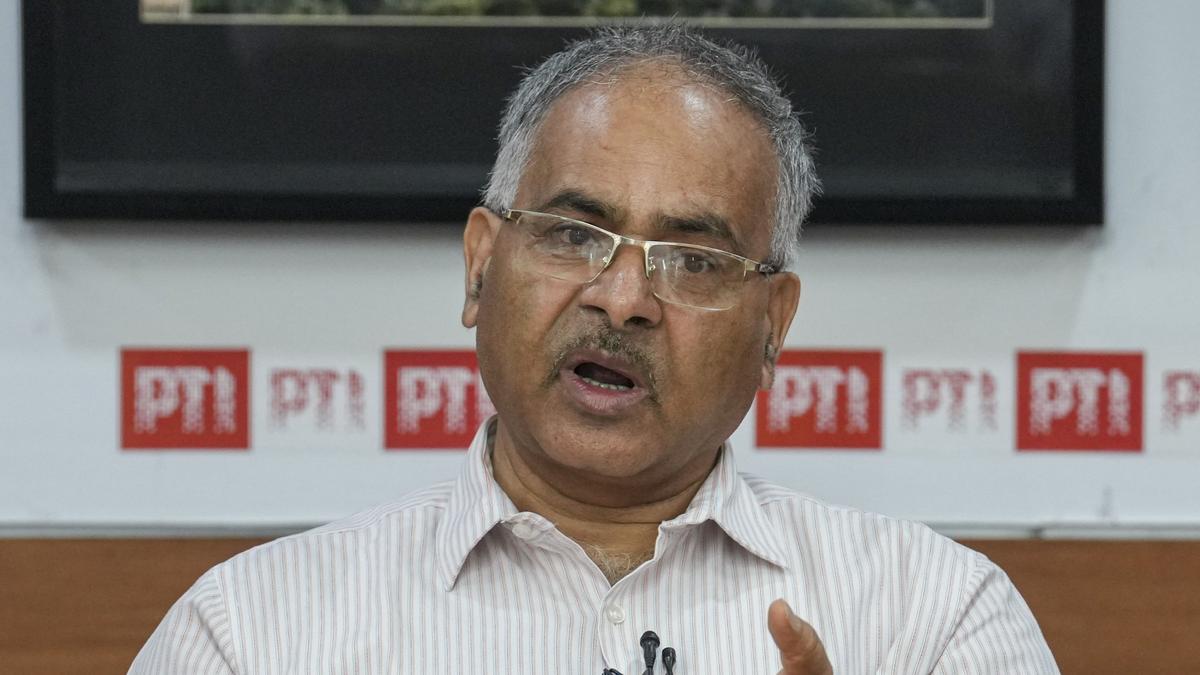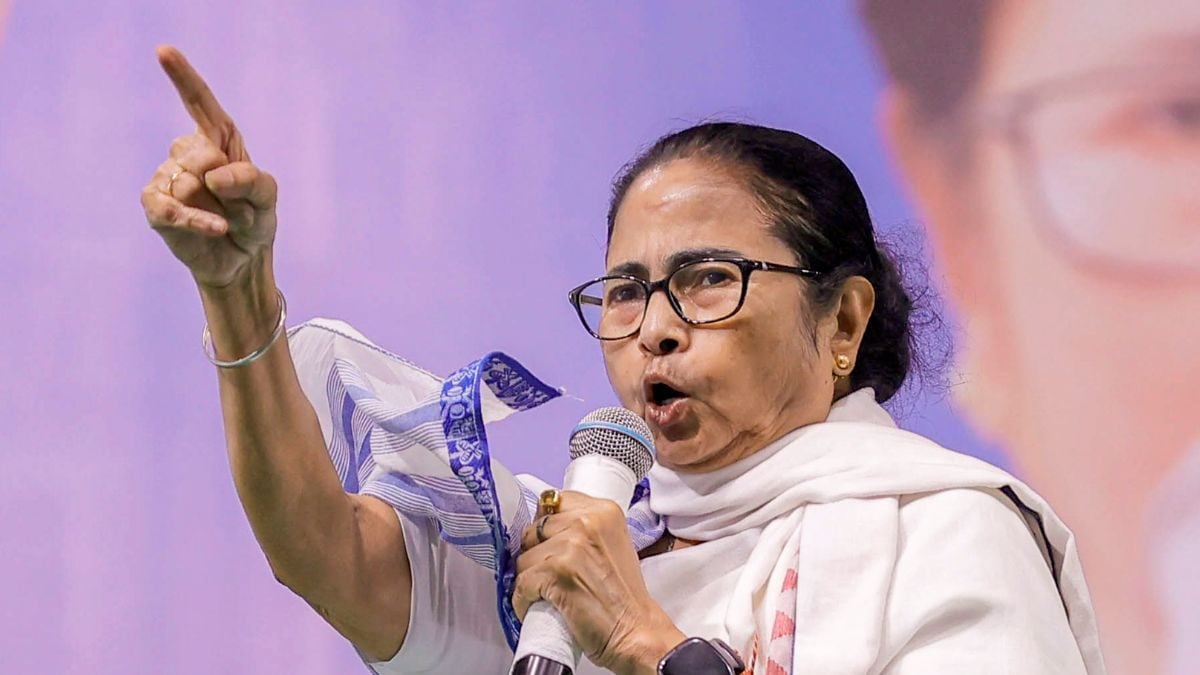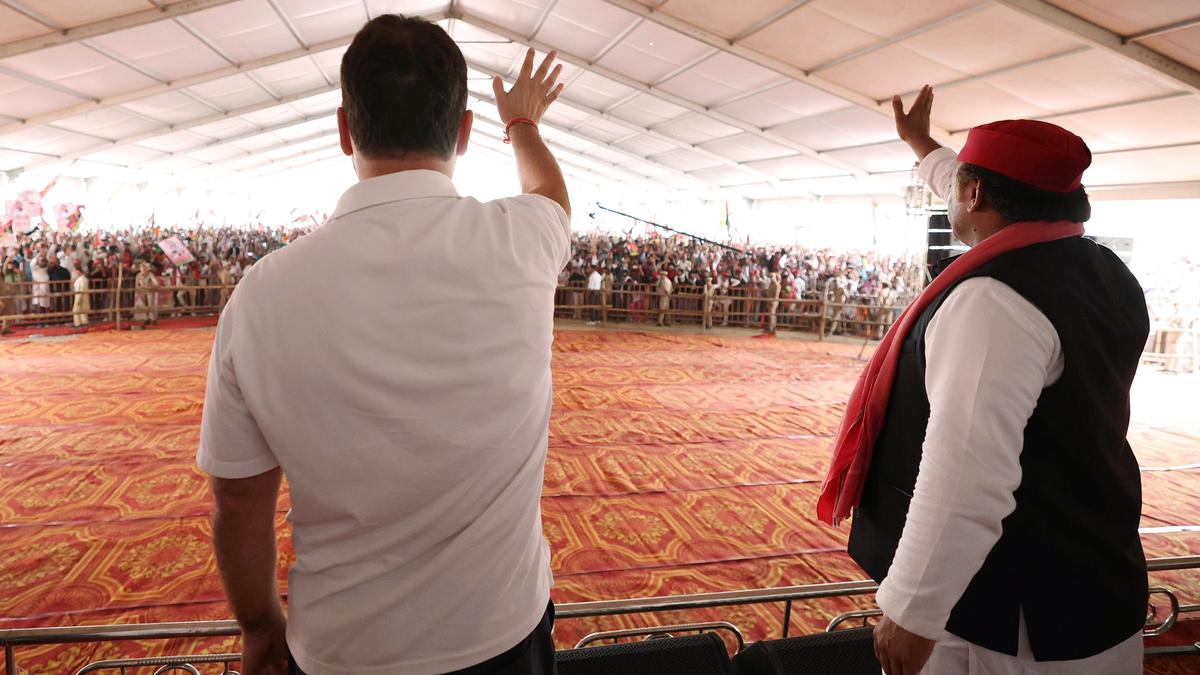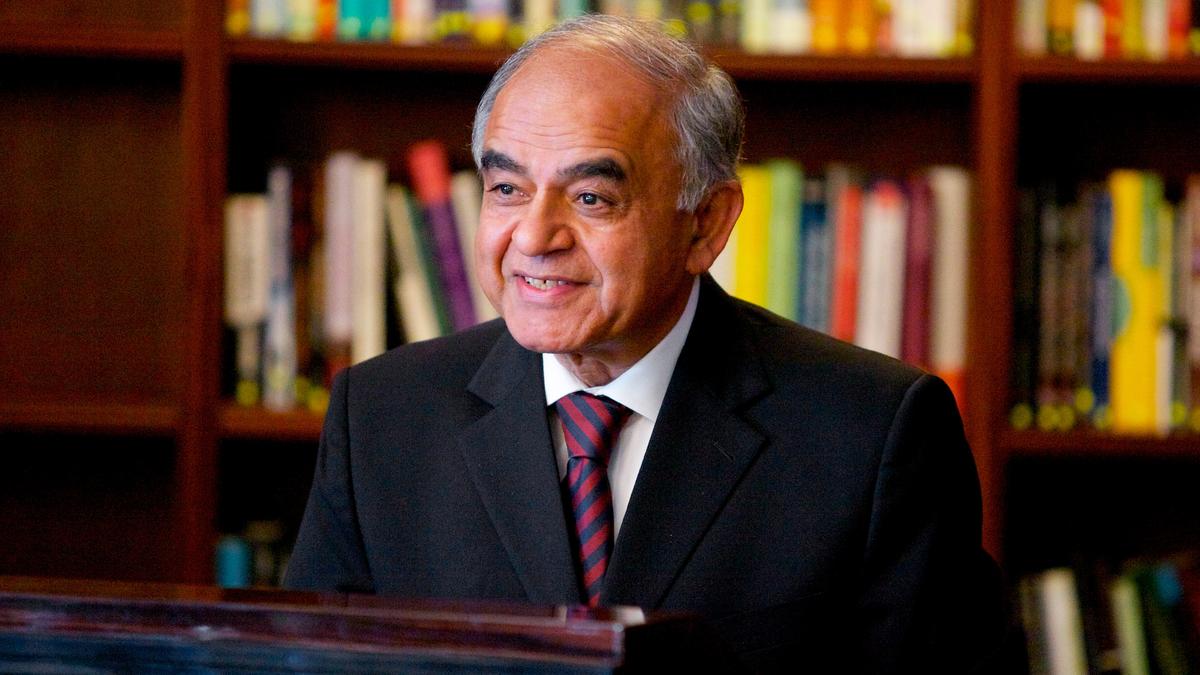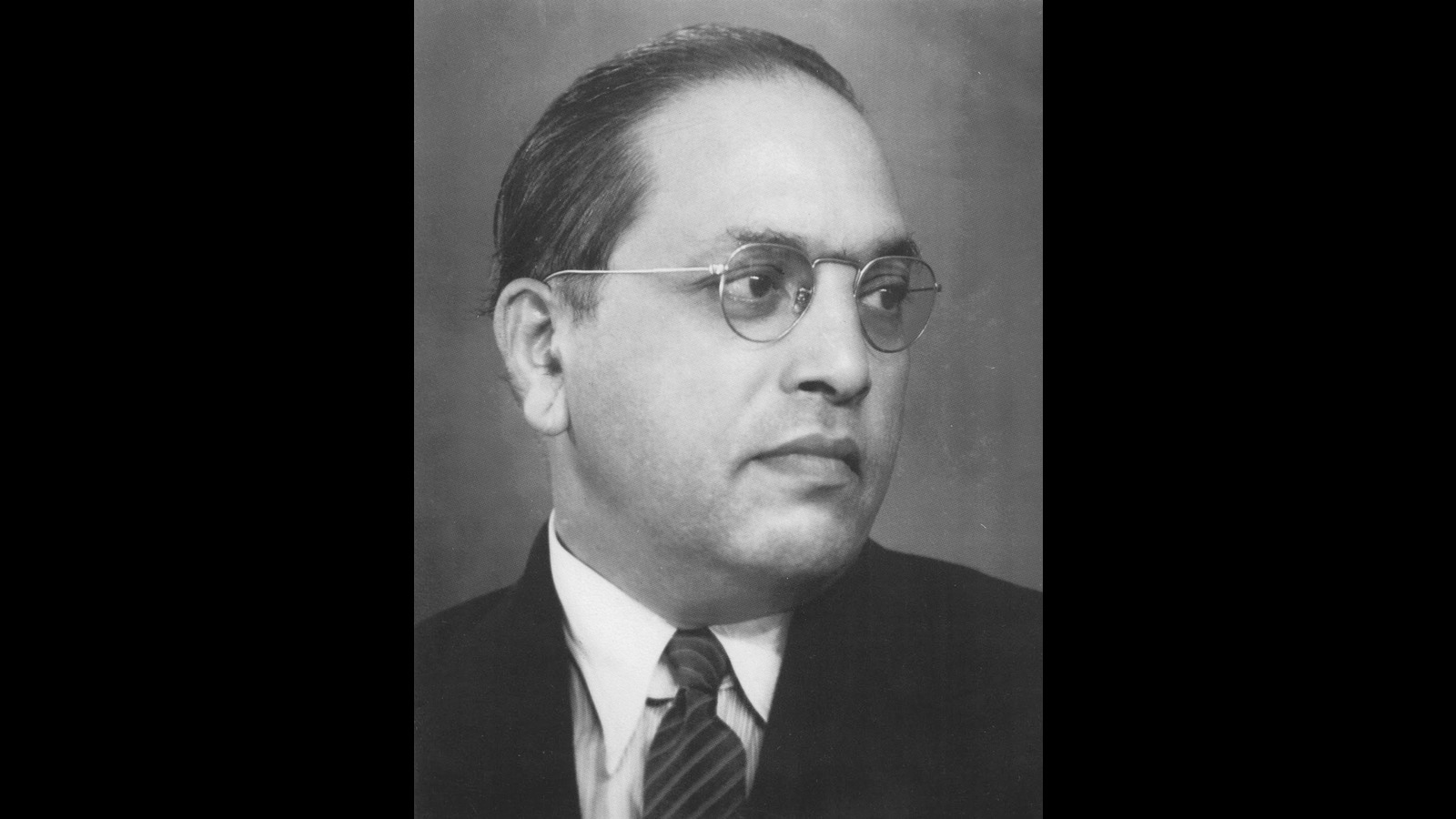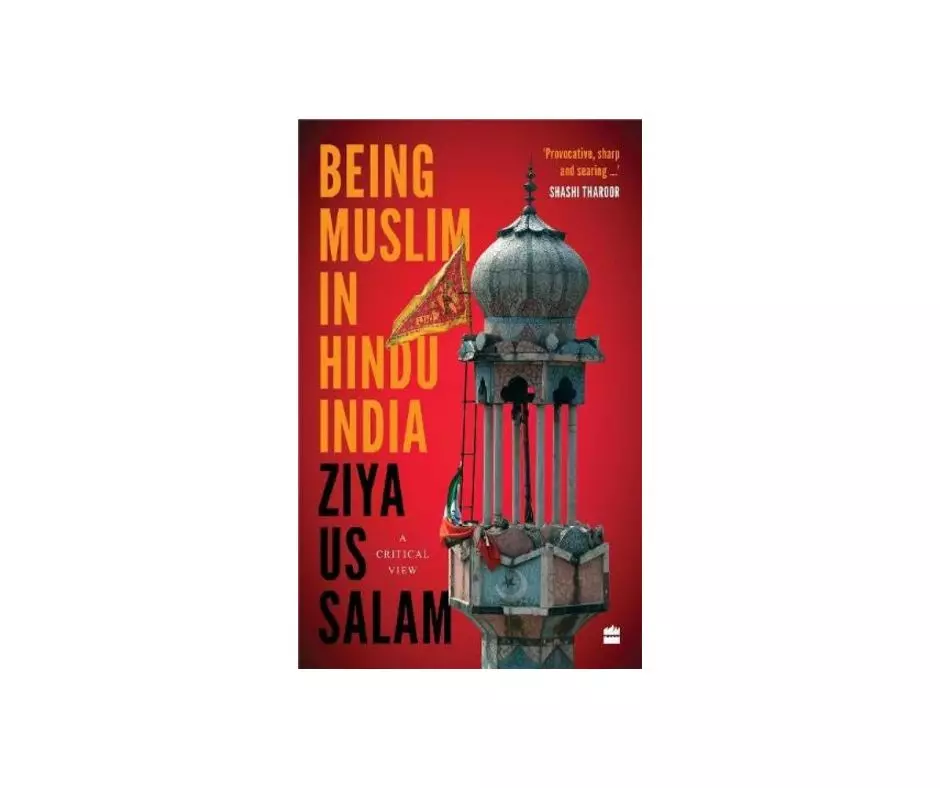Communalising history textbooks
The Hindu“Of all the social sciences, it is history which rouses the greatest interest in the minds of the politicians. Gopal, ‘The Fear of History’, Seminar, 1978 More than 40 years ago, the debate about what kind of history should be presented in school textbooks emerged in the public domain when the Janata Party-led government appeared to be bending under pressure to remove textbooks authored by Romila Thapar and Bipan Chandra that were introduced for classes VI and VII and XII. Romila Thapar’s “The Past and Prejudice”, delivered as the prestigious Sardar Patel Memorial Lecture, sought to counter some popular misconceptions about the past that stemmed from colonial prejudices, that were carried over in certain nationalist interpretations of Indian history, particularly relating to indigeneity and Indian identity. The attacks on textbooks in the Indian context since the late 1960s have more or less been from the same quarter, with difference only in detail with regard to two major points raised: that indigenous Aryans and the foundations of Hindu identity may be located in ancient Indian history, and that the medieval period marked the beginning of foreign rule in India. In the final analysis, a curious inversion of reality may be seen in these recent as well as past attacks on history textbooks in India, where those engaged in distorting Indian history seek to use textbooks to push their political agenda on the basis of identity politics towards the creation of a Hindu nation.
History of this topic

Unpacking a shifting identity
New Indian Express
Rewriting history in two leading democracies
Hindustan Times
The main chapter of how Hindutva sees the past
The Hindu
Historians ‘appalled’ by NCERT trying to make history textbooks ‘one-sided’
Live Mint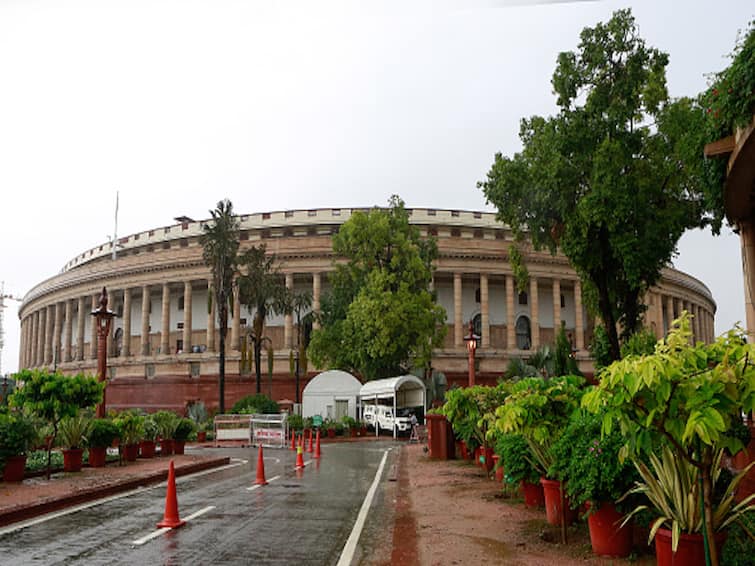
Parliamentary Panel Recommends Highlighting India’s Rise, Diversity, And Religious Teachings In School Textbooks
ABP News)
Dharma Files | Some limitations of Marxism in an Indian context
Firstpost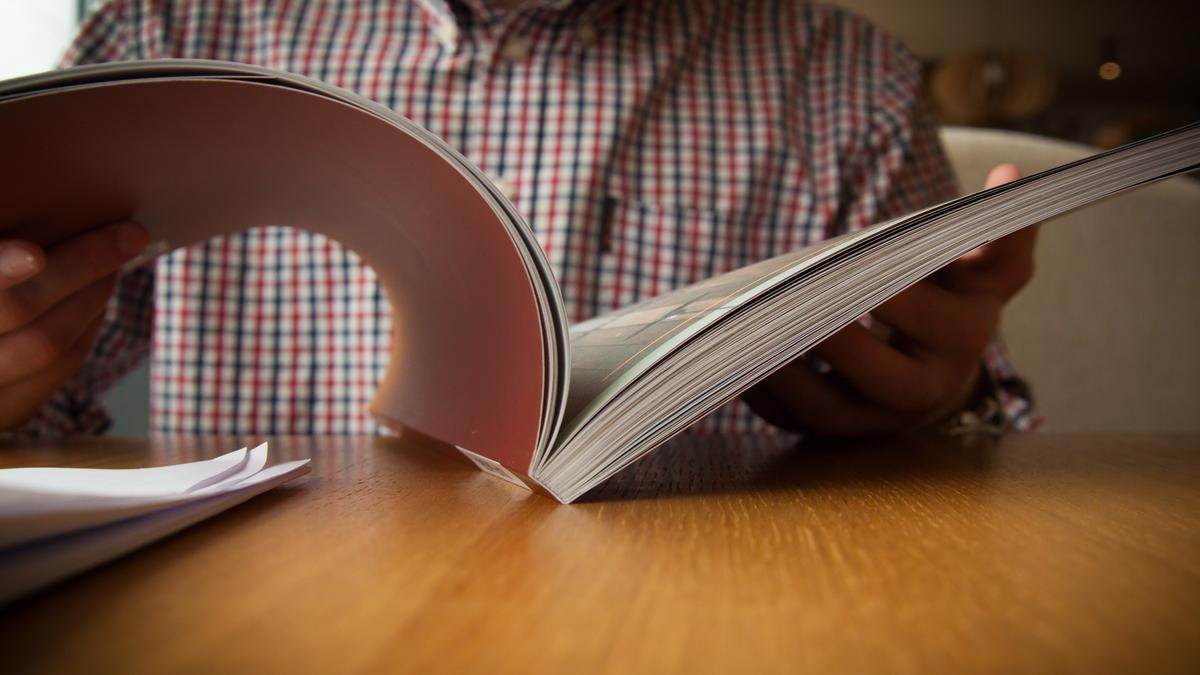
Rewriting ‘old history’ for a New India
The Hindu
The Glorification of Invaders and Concealment of Hindu Kingdoms in School Textbooks Must Be Corrected
News 18
Teaching Diversity in Class: An Indian Textbook Shows the Way Forward
The DiplomatBJP attempt to rewrite textbooks a disservice to history
The Hindu)
Why Indian history must be written as per historical evidence and norms, and not ideological agendas
Firstpost)
Why Indian history textbooks are in absolute and urgent need of revision
Firstpost
Include Vedas, Lesser-known Freedom Fighters in School Textbooks: Parliament Panel to NCERT
News 18
Meeting held to discuss revision of NCERT history textbooks
Op IndiaDiscover Related
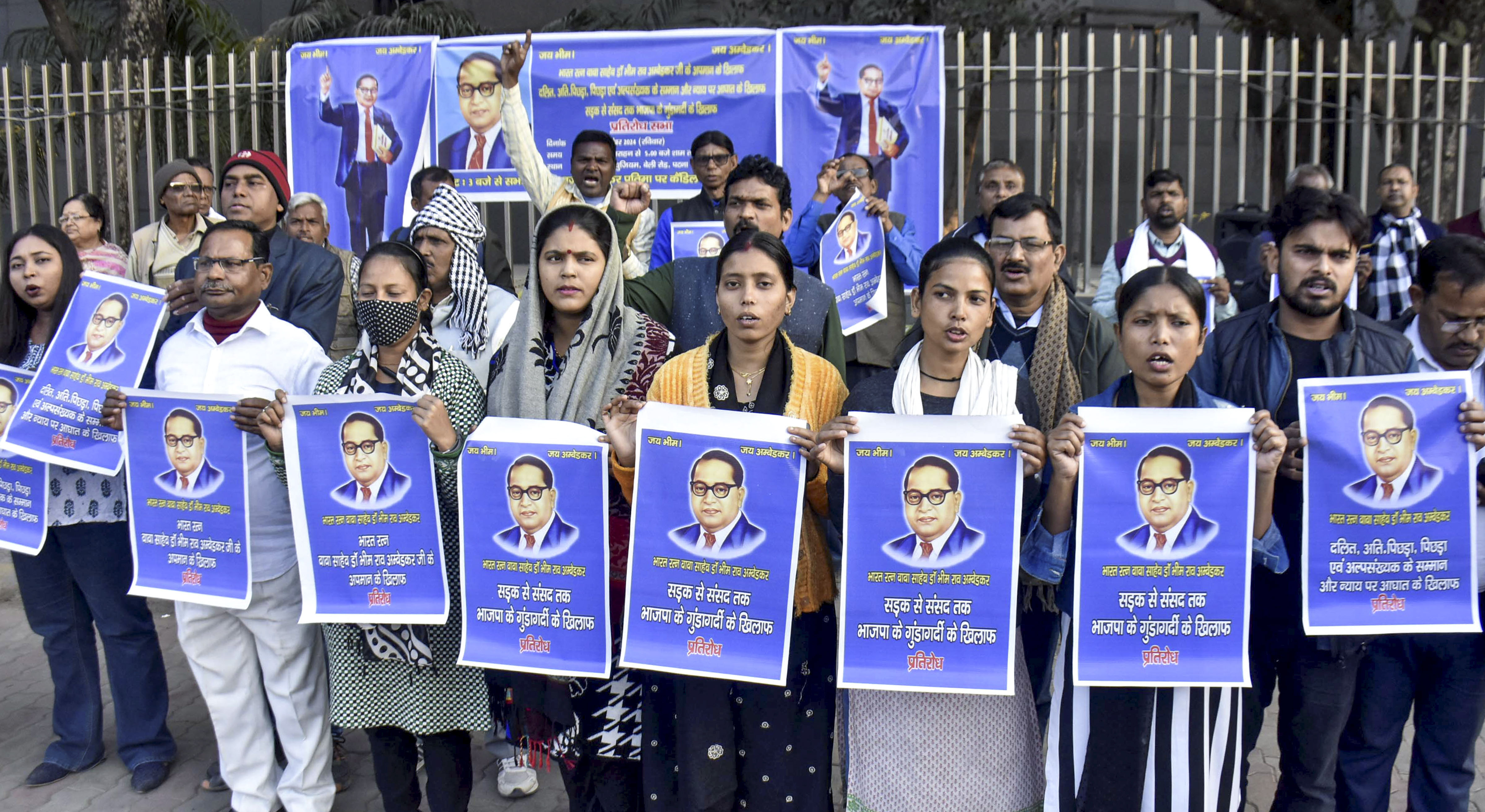
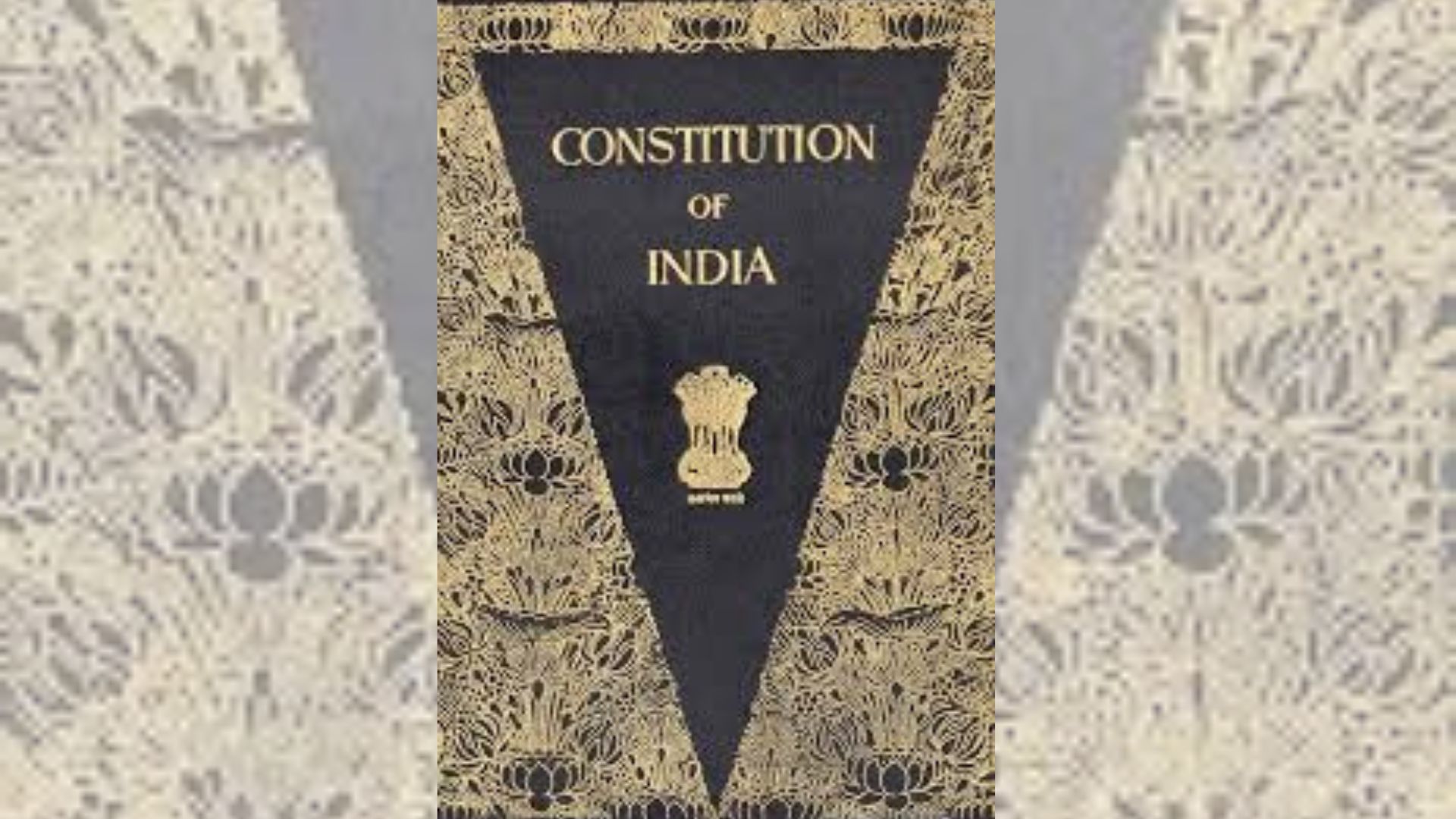
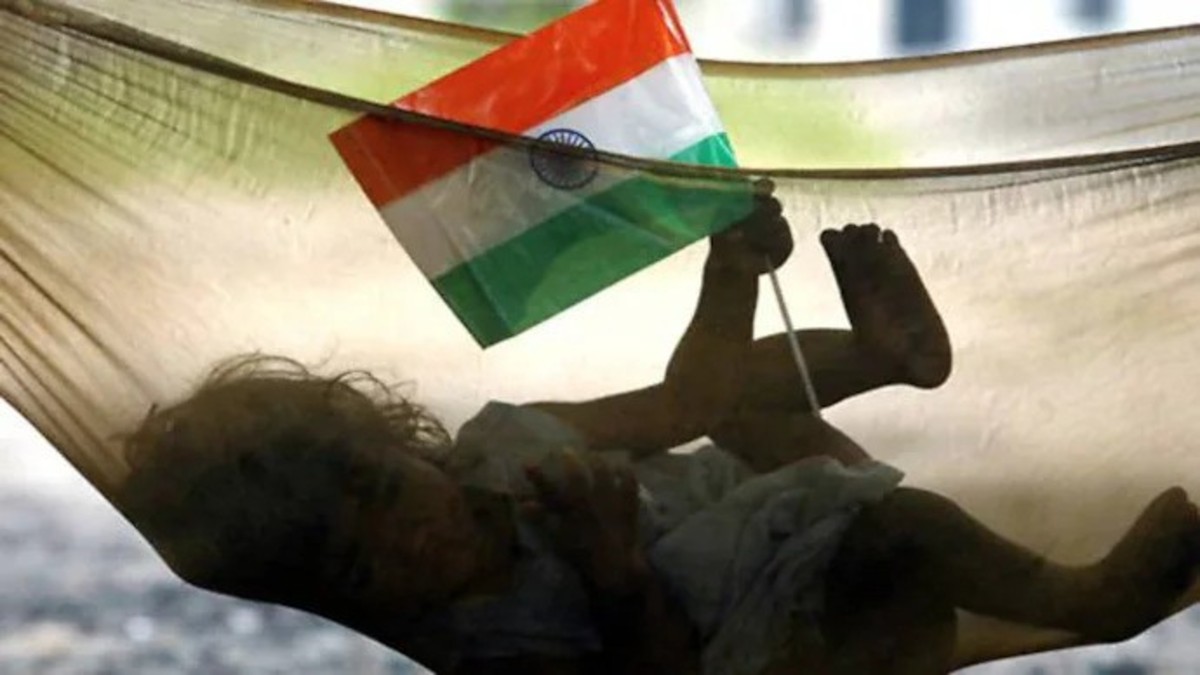)
